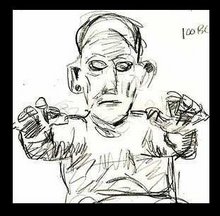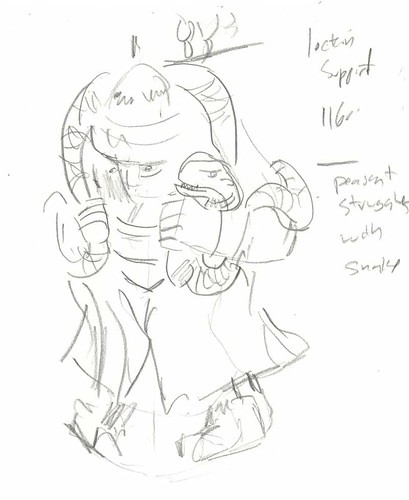
A few years ago (may 7 or 8 or even 10 years) I read some wacky collection of liberal Catholic sermons where one homily quoted a Life Magazine article about a small town in Ohio that swarmed to the countryside to flush out foxes and then they beat them to death.
Anyway it sounded so outrageous that I tried to track down the article. Way back then the Internet didn't help at all. Yahoo failed me! So I found the nearest library with Life Magazine on microfiche since the only clue I had from the sermon was that it was Life magazine in the 1940's.
I went to the Richardson, TX Public library and opened the appropriate Readers Guide an tracked it down. I paid my dollar or so to print it out and the afternoon was complete.
BUT, I neglected to print or write down the date of that issue and I've always wondered if I should go back to the library and find it again. But I never did.
Then, this morning I was looking for something that I don't remember and landed on Google Books and saw a link for Life Magazines. It turns out Google Books has most of Life magazine digitized and within a few minutes I found the issue I spent an afternoon investigating years earlier.
Of course I had to spend the next hour or more tracking down ways to hack Google Books so that I could download my find. It is harder than I would have thought, and Google won't let you print all the great stuff.
My point is that, Wow, all I had in school all I had for reports was the World Book Encyclopedia. But now that I think about it I could have gone to the library if I had put out some effort. As with most things, I had better student study habits AFTER I was out of school.
And for today's bonus here is an ad from 1944, and I have no idea what it means.

FYI, the issue in question was 13 MAR 1944




